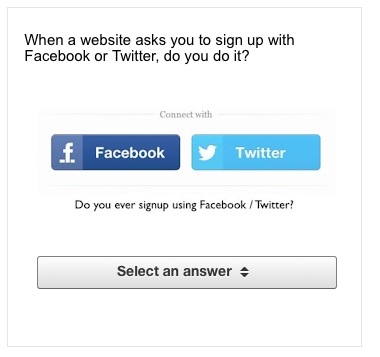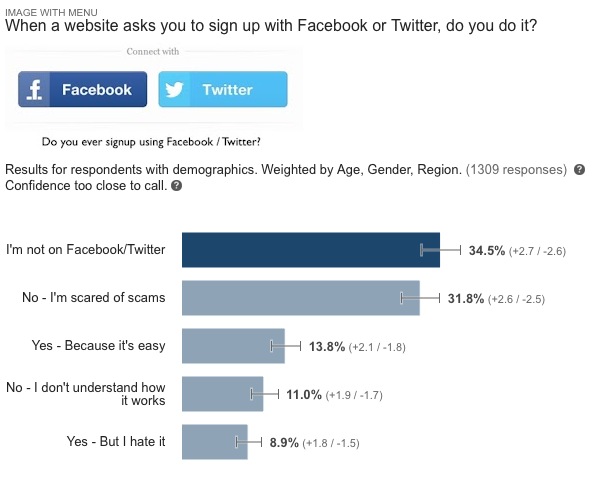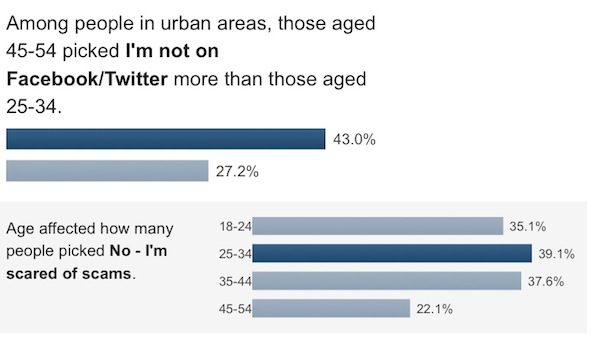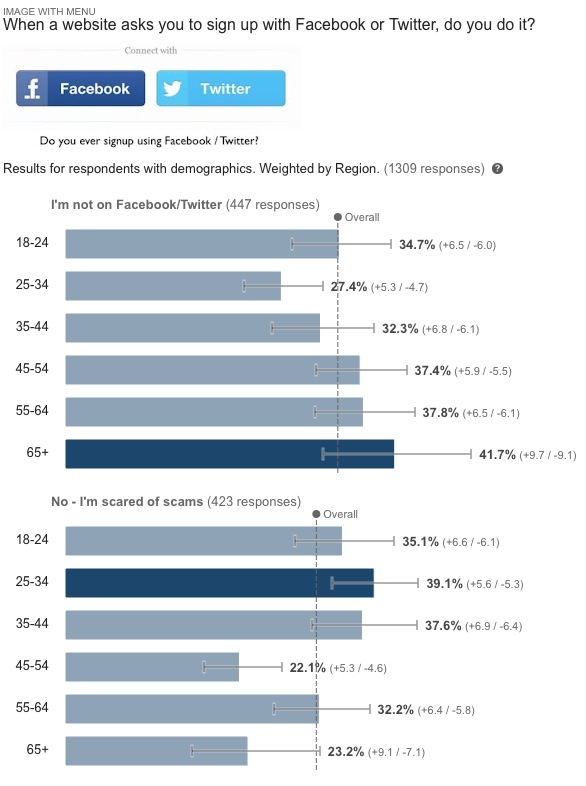I’ve spent many years dissecting the practice of writing. I know the mechanics behind the process at a psychological level. I know the many of the methods we use to achieve various effects. I know about the role of writing in our society and the inner-workings of the complex dialogue that occurs between writers both living and dead.
In short, I know why we write. I can also tell you that the reasons do not matter.
If I were to list all the reasons why we write, lay out my case, explain in detail all that makes a writer, it would not make you a better writer. It would paralyze you. It would make you seem very ordinary.
Of course, this is the challenge of writing itself, isn’t it? To make the ordinary seem extraordinary. To make the mundane worth of thousands of words. And yet, the paradox is that by explaining the deep and complex rules around writing, I would unravel the magic. I would soften the bonds of magic that hold you to the task. I would make writing seem simple, easy, and worse – unnecessary.
But today writing is more important than ever because we are in the process of giving up our humanity and to save it you must write.
Notice above that I said we are “giving up” our humanity. I didn’t say we were losing it or that it was being taken away. I said we were giving it up. It’s happening slowly, over a period of decades (if not centuries), but it is a willful process and it is accelerating.
In recent years, we have developed complex systems for encoding our behavior and preferences into the machinery of the world. We’ve enhanced this process by uploading art and supposedly random scenes from our lives. In response, powerful collections of data harnessed by truly unimaginable processing power are honing the world to individual specifications. Slowly but surely we are being fitted with gloves designed to ease our path in the world and by extension make us into highly efficient collections of data interfacing with other collections of data in predictable (and profitable) ways. Slowly but surely we are becoming less human.
Before you conclude that I’m going on an anti-technology rant, let me say that is definitely not the case. I love technology. I enjoy using it and I enjoy making it. No, I have no beef with technology.
In addition, the problem is not new. As I said before, we’ve been working on this for decades. Database marketing and direct mail have been around for years. Intelligence gathering goes back much, much further. We’ve spent a long time learning to slice and dice ourselves, but things are reaching a tipping point and Story is more important than ever.
So what does this have to do with writing? And why must you write?
One of the fundamental principles of humanity is that enlightenment happens at an individual level, and history shows that this transformation is most often achieved through the power of Story. In fact, Story is perhaps the most powerful of all human gifts. Without Story, Religion would have no staying power. Without Story, there would be little to motivate the human race of strive for anything beyond basic existence.
Story is our irrational advantage in the universe, and keeping it alive is a sacred duty.
As writers, we have a duty to tell stories. We have a duty to make our stories compelling, to impart wisdom, and yes to entertain. We are the stewards of humanity and the enlightenment or destruction of our species hangs in the balance.
This is why you must write.
This may be a heady thing to consider if you are writing stories about robots or bodice-ripping romance. It may very well make you cringe, but don’t despair. I’m not saying, “Nobel-level writing or GTFO”. In fact, it’s best if it’s not because most people have no patience for that sort of thing and your goal is to be read.
For example, John Steinbeck’s Cannery Row is one of my favorite books of all time. It’s simple. It’s human. It was decried by many critics as being twaddle, but they overlooked the power of Story and what it means to reach a wide audience with a simple message of the human spirit.1
So, it is enough that you write and that you continue to write. It is enough that you work hard to tell your stories to the best of your ability. It is enough that you try to get your word out to as many people as possible.
The beauty and comedy of our present moment is that while we are close to willfully destroying our humanity through our own technology that same technology can also be used to unlock the enlightenment of humanity. Today, you are reading my words because of this technology. I am likely to be many miles from you, perhaps even many years from you (depending on when today actually falls from the publication of this post). Yet here you are reading my words, and hopefully finding inspiration to get back to writing your stories.
Humanity needs your work and this is why you must write. It’s really that simple. Without your very best stories, we will have a future which does not inspire. Without your stories, we will have a future that does not make us laugh. Without your stories, we will have a future that does not include you or the worlds to which you have born witness. Without your stories, we lose another piece of humanity and somewhere an individual loses out on a chance for enlightenment.
Write.
1. I also tend to think critics didn’t like Cannery Row because the book makes you feel all warm inside instead of grasping for the nothingness of an existentialist view of the universe. There’s a place for nothingness too, but that is a subject for another time.




